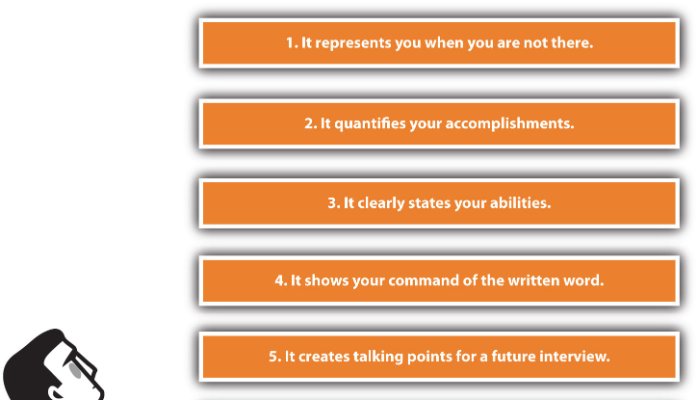
Here’s what most hiring managers are seeking in an Enterprise Sales Executive prior to an interview:
1) Tenure…I hear this every day.
In general they will only consider interviewing candidates who’ve been with their current and past employers for two years or more at each stint.
Yes, I understand there are many reasons for short stints and do my best to explain these on a case-by-case basis to the hiring managers. At the same time, I’m hear to relay and help candidates understand the realities on the hiring end.
Some are more understanding and open than others depending on their own life experiences, along with the bar set by their own corporate management during the hiring process.
2) Applicable background.
They want to see relevant sales background that applies to their specific space. For instance, if they’re seeking an individual with experience selling into themobile marketing analytics space, that’s what they want.
Now, sometimes they can want what they want, though they’ll get what’s available. Some hiring managers start out with a long list of “needs”, though they’re really “wants.”
Some companies aren’t leaders within the space, though believe they can attract folks from the larger players. Depending on their solution, they may indeed have the ability to attract top talent, however that’s only after a great deal of buzz around the company has been created, they have a solid list of existing customers, and big name VC backing.
For example, they may tell me they “need” an individual with eight years experience selling SaaS mobile marketing software analytics solutions. Hmm…in cases like this, the technology hasn’t even been in existence for eight years, so this requirement is unreasonable.
At this point it’s my job to explain the realities of their “needs” and explain that’s more of a “want” and we need to evaluate reasonable expectations. For instance, I can connect them with candidates who have SaaS marketing and possibly some experience with analytics sales backgrounds, though it might not be within themobile marketing software analytics space. Make sense?
Oftentimes this is resolved, and the hiring managers will broaden the search to include more candidates with relevant adjacent experience leading to successful hiring(s) within in multiple large metro markets.
3) Quantifiable and Measurable Success
A hiring manager may not take a deep dive into your resume during the first “get to know you interview”, though they will during the second phone or face-to-face meeting.
You’ll need to own these statistics, possibly even recall details from specific sales for each quarter, along with recalling the departments and individuals involved on the buy side.
It’s important your resume reflects whether or not you’ve met annual sales goals and by what percentage. For example:
- 128% of quota in 2013 and 140% of quota in 2014
- 118% of quota in 2011 and 135% of quota in 2012
- Closed highest percentage of net new business in the company, including (here is where you’d list the account names).
You may have a beautifully written resume, though all those words aren’t going to mean a thing unless you’re able to quantify your success. I can’t stress this enough, because this is where most candidates fail and the process breaks down.
Lastly, make sure your LinkedIn page matches precisely what you’ve stated on your resume. Hiring managers do look at LinkedIn, and if they notice discrepancies, this adds a layer of unnecessary and avoidable confusion.
Hope you’ve found this helpful and wish you all a great weekend.